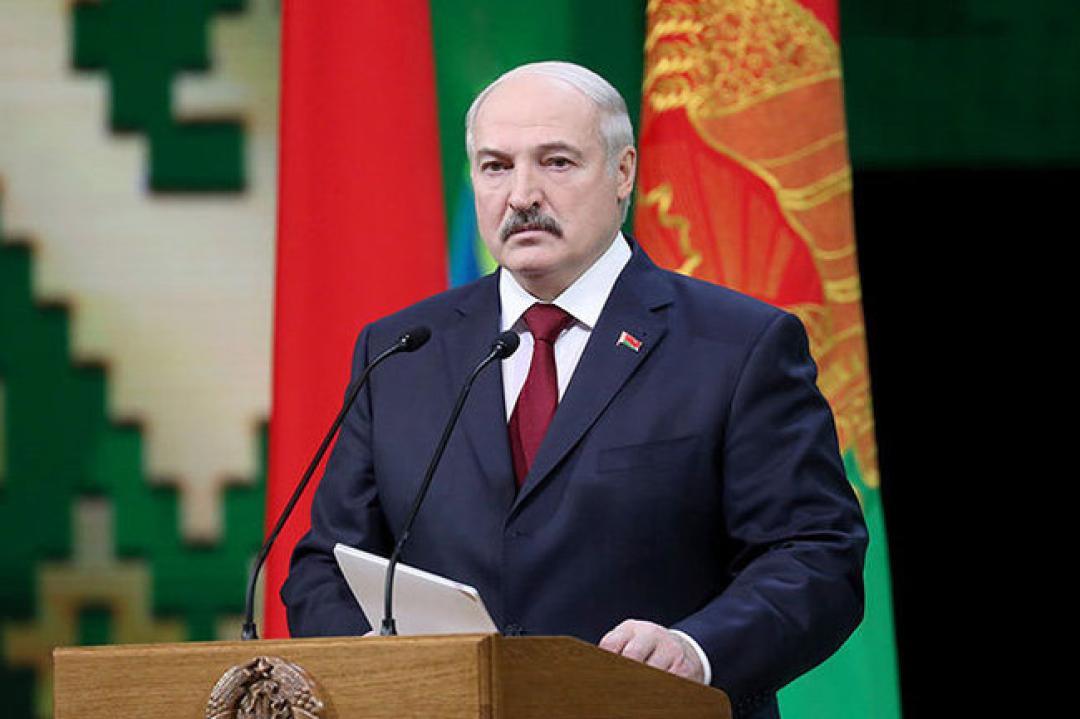
Lukashenko accused Chechens of delivering refugees to border with the European Union

In an interview with RIA Novosti, President of Belarus Alexander Lukashenko said that Russians, including Chechens, were among the guides bringing refugees to the Belarusian borders with the EU countries.
In an interview with TV presenter Dmitry Kiselev, he said: “These people hire private traders, 350 kilometres, 300 kilometres, and they are at the border in Brest and Grodno. Private companies, then taxis, buses are hired. But guides from Russia worked here, and thanks to the Chechens they are really organised people. They were the most organised here, organising the flow."
Lukashenko added that they helped people get to the border and "possibly cross" it.
The migration crisis on the border of Belarus began last spring. Migrants and refugees, mainly from Iraq and Syria, are arriving in Belarus and then go to the border with Lithuania or Poland, which they are trying to cross illegally to get to Europe.
The European Union accuses the Lukashenko regime of deliberately creating this situation, pointing to abundant evidence that the authorities, primarily the security forces, are helping migrants to get to the border and cross it.
The situation on the Belarusian-Polish border escalated in November, when more than two thousand migrants tried to take the border by storm. The media reported that the refugees ended up at the border thanks to the Belarusian creation of a previously prepared corridor along the border fence.
See Also


Armenia Records 5.9% GDP Growth in 2024, Missing 7% Goal

Yerevan Balances Strategic Ties with Both US and Russia, Says Foreign Minister

FM Mirzoyan: Peace Deal with Azerbaijan Is Within Reach

Pashinyan and Erdogan Hold Call, Reaffirm Commitment to Ongoing Dialogue

